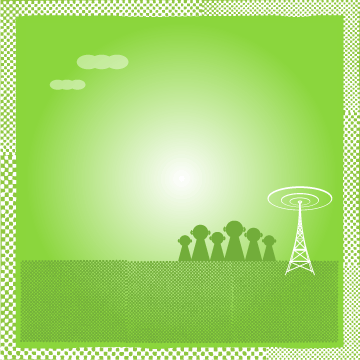Playlist: PBS's Portfolio

Featured
Freedom Riders
From PBS | 03:35
From May until November 1961, more than 400 black and white Americans risked their lives — and many endured savage beatings and imprisonment — for simply traveling together on buses and trains as they journeyed through the Deep South. The work of the freedom riders is still relevant to young people today. The 50th anniversary of the freedom rides is being marked with the broadcast of the documentary Freedom Rides, and a 2011 student freedom ride.
- Playing
- Freedom Riders
- From
- PBS

In 1961, segregation seemed to have an overwhelming grip on American society. Many states violently enforced the policy, while the federal government, under the Kennedy administration, remained indifferent, preoccupied with matters abroad. That is, until an integrated band of college students — many of whom were the first in their families to attend a university — decided, en masse, to risk everything and buy a ticket on a Greyhound bus bound for the Deep South. They called themselves the Freedom Riders, and they managed to bring the president and the entire American public face to face with the challenge of correcting civil-rights inequities that plagued the nation.
Freedom Riders (Student Narrated Version)
From PBS | 03:32
From May until November 1961, more than 400 black and white Americans risked their lives — and many endured savage beatings and imprisonment — for simply traveling together on buses and trains as they journeyed through the Deep South. The 50th anniversary of the freedom rides is being marked with the broadcast of the documentary Freedom Rides, and a 2011 student freedom ride.
**This version of the piece is narrated by a student on the 2011 Freedom Ride.
- Playing
- Freedom Riders (Student Narrated Version)
- From
- PBS

In 1961, segregation seemed to have an overwhelming grip on American society. Many states violently enforced the policy, while the federal government, under the Kennedy administration, remained indifferent, preoccupied with matters abroad. That is, until an integrated band of college students — many of whom were the first in their families to attend a university — decided, en masse, to risk everything and buy a ticket on a Greyhound bus bound for the Deep South. They called themselves the Freedom Riders, and they managed to bring the president and the entire American public face to face with the challenge of correcting civil-rights inequities that plagued the nation.